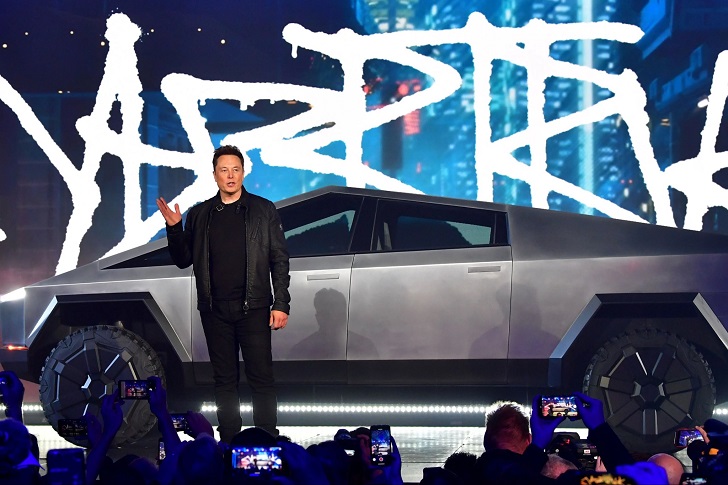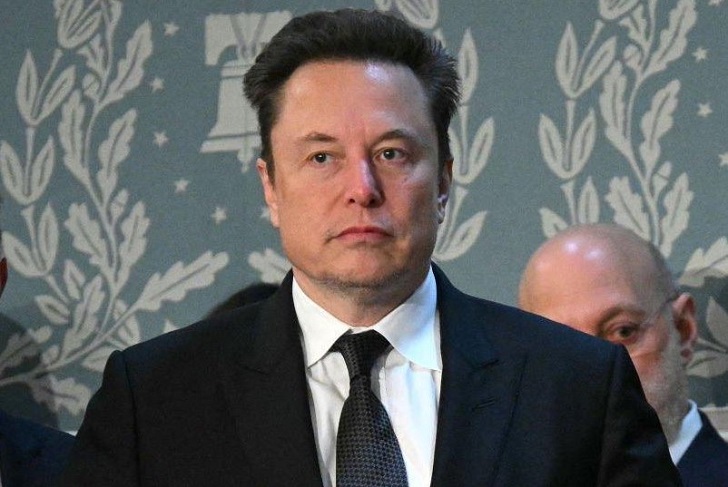The term "nepo baby" has become a buzzword for describing the children of wealthy or influential parents who leverage their family connections for success. But does Elon Musk, one of the world’s most polarizing entrepreneurs, fit this mold? Born into privilege but known for his relentless innovation, Musk’s journey sparks debate. Is he a product of inherited advantages or the ultimate rebel who turned those advantages into a global empire?
The Case for Musk as a Nepo Baby
Elon Musk's family background provides ample ammunition for labeling him a nepo baby. His father, Errol Musk, was an affluent South African engineer, while his mother, Maye Musk, built her career as a prominent model and dietitian. This upper-class upbringing undoubtedly afforded Musk access to elite education, resources, and opportunities unavailable to most.
The Musk family wealth has often been scrutinized, particularly Errol Musk's ownership of an emerald mine. While Elon Musk has downplayed its significance, critics argue it symbolizes a head start on his entrepreneurial journey. Attending prestigious schools like Pretoria Boys High and later Queen's University in Canada laid the groundwork for his ascent into the tech world.

@elonmusk | X | Elon Musk's family background provides ample ammunition for labeling him a nepo baby.
A Self-Made Success or a Story of Inherited Advantage?
Despite his privileged upbringing, Musk often portrays himself as a self-made innovator. His narrative emphasizes hardships, such as immigrating to North America with limited funds and working his way up through grit and ingenuity. Founding companies like Zip2, X.com (later PayPal), and eventually Tesla and SpaceX reinforced his reputation as a visionary.
However, skeptics point to the initial financial support Musk received from his family, including a $28,000 investment in Zip2. While relatively modest compared to his current wealth, this backing helped launch his entrepreneurial ventures. Critics argue that this financial cushion distinguishes Musk’s story from those who rise without any safety net.
What Defines a Nope Baby?
A "nope baby" emerges when someone not only rejects their familial privilege but publicly distances themselves from it. This phenomenon often involves challenging a parent’s values or using a platform to critique their upbringing. Recent examples, like Elon Musk's daughter Vivian Jenna Wilson, highlight this trend. Wilson has publicly rejected her father, even changing her name to sever ties.
In contrast, Musk himself remains far from a nope baby. Rather than renouncing his family or privilege, he doubles down on his image as a disruptor. Musk’s outspoken behavior and controversial statements position him as a maverick, but not one disavowing his roots.
Is Elon Musk a Nepo Baby?
Given Musk’s privileged upbringing, many categorize him as a nepo baby. However, his trajectory also reveals traits that deviate from the stereotype. Unlike some nepo babies who rely solely on family influence, Musk leveraged his resources to forge groundbreaking ventures. The debate centers on whether his privilege diminishes the significance of his achievements.
Public opinion remains divided. Fans view Musk as a visionary who defied expectations, while critics argue his story is inseparable from inherited advantages. Regardless of perspective, Musk’s ability to dominate headlines reflects his mastery of public perception, cementing his influence in business and culture.
The Nope Baby Paradox
Elon Musk’s story contrasts sharply with emerging nope baby narratives. Figures like Vivian Jenna Wilson and Lisa Brennan-Jobs publicly challenge their parents' legacies, often gaining fame for their rebellion. Musk, by comparison, embraces his familial connections and uses them to amplify his influence.
Unlike a traditional nope baby, Musk never sought to disassociate from his roots. Instead, he reshaped his privilege into a platform for global innovation, creating a complex persona that resists simple categorization. Whether as a symbol of ambition or privilege, his story underscores the blurred lines between legacy and self-determination.











